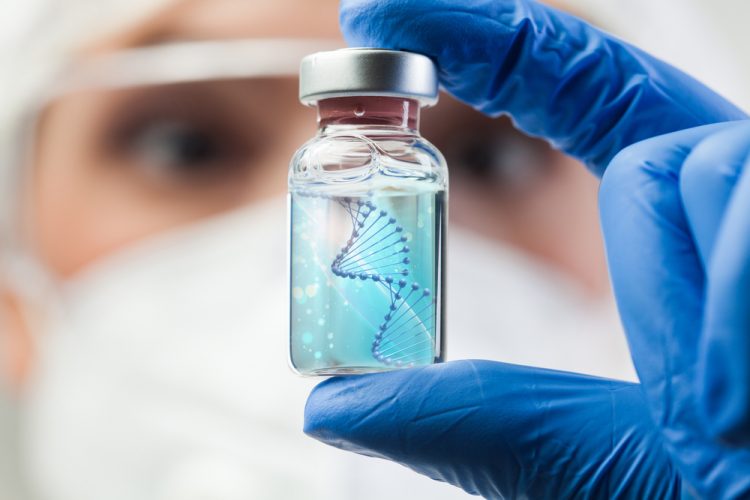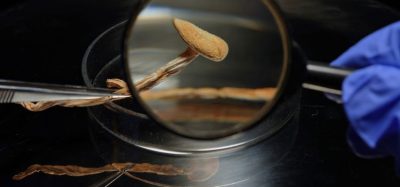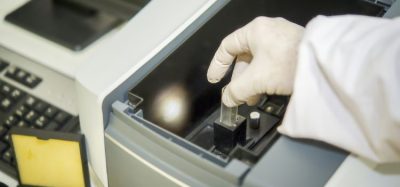ZyCoV-D becomes world’s first plasmid DNA vaccine for COVID-19
Posted: 23 August 2021 | Anna Begley (European Pharmaceutical Review) | No comments yet
Zydus’ ZyCoV-D received emergency use authorisation (EUA) in India, becoming the world’s first plasmid DNA vaccine for COVID-19.


Zydus Cadila has received emergency use authorisation (EUA) from the Drug Controller General of India (DCGI) for ZyCoV-D, the world’s first plasmid DNA vaccine for COVID-19. Following this approval, India now has its first COVID-19 vaccine for the adolescents in the 12-18 age group, besides the adult population.
ZyCoV-D is a needle-free vaccine administered using The PharmaJet®, a needle free applicator for painless intradermal vaccine delivery. It is a three-dose vaccine, administered on day zero, day 28 and day 56.
According to Zydus Cadilla, the plasmid DNA platform provides ease of manufacturing with minimal biosafety requirements (BSL-1) and does not have any problem associated with vector-based immunity. The plasmid DNA platform also allows for the generation of new constructs to quickly to deal with mutations in the virus, such as those already occurring in the variants of interest and concern.
Zydus Cadilla stated that this is the first time that a technologically advanced vaccine has been successfully developed on the plasmid DNA platform for human use. The company plans to manufacture 100 to 120 million doses of ZyCoV-D annually.
“This is a historic milestone with ZyCoV-D, a product of Indian innovation becoming the world’s first DNA vaccine being offered for human use and supporting the world’s largest immunisation drive,” stated Pankaj Patel, Chairman of Cadila Healthcare. “We are particularly happy that our vaccine will contribute to this fight against COVID-19 and enable the country to vaccinate a larger population especially in the age group of 12-18 years. I would like to thank all the researchers, clinical trial investigators, volunteers and the regulators who have supported this endeavour.”
Zydus Cadilla stated that it also plans to seek approval for the two-dose regimen of the vaccine. The results of the Phase I part of the Phase I/II clinical trial have already been published in EClinical Medicine, a journal published by The Lancet.
Related topics
Biopharmaceuticals, Clinical Trials, DNA, Dosage, Drug Development, Drug Safety, Drug Targets, Regulation & Legislation, Vaccine Technology, Vaccines, Viruses









